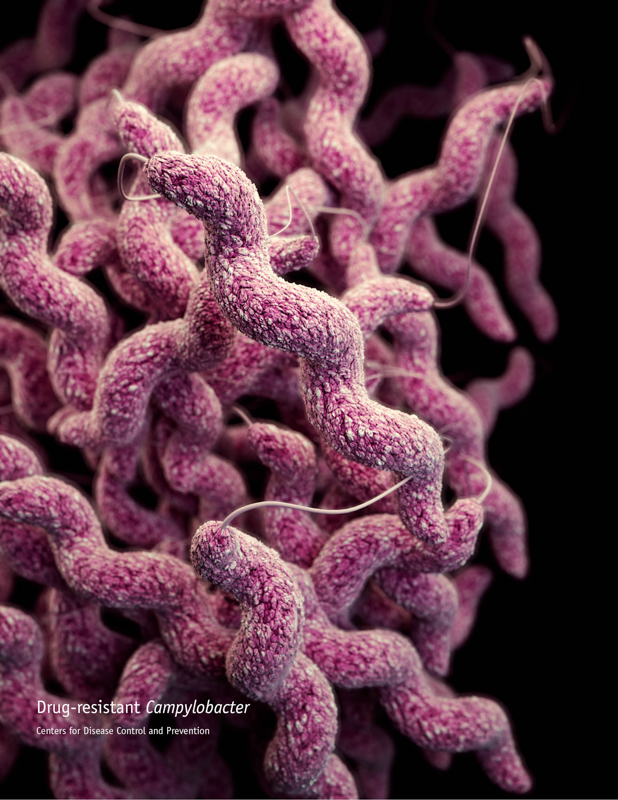Some people seem to get “stomach bugs” all the time, while other people rarely have these issues. Vomiting, abdominal pain, fever, and diarrhea are the common symptoms of a variety of enteric infections that often start after the soon-to-be victim ingests the infectious organism. These bacteria have wonderful names like Salmonella, Shigella, Campylobacter, E. coli, Vibrio, and C. difficile, just to name a few. A host of viruses commonly cause similar issues. The symptoms of gastroenteritis and infectious colitis can range from a minor annoyance to life-threatening dehydration due to ongoing vomiting and diarrhea.
If you think about it, our stomach acid acts as a first-line of defense against infectious agents that we may consume. The very acidic gastric juices can kill most bacteria, or at least cut down the number of viable organisms and perhaps limit the severity of disease. It would stand to reason that the common acid-suppressing drugs in the proton pump inhibitor (PPI) class (e.g., Prilosec, Nexium, Protonix, etc.) may interfere with this process by blocking the ability to make stomach acid, and therefore making the stomach a more friendly place for the various bacteria that we may ingest. This logic is correct: with chronic PPI use, the stomach bacterial count rises dramatically, and the resistance to ingested pathogenic bacteria decreases as well. The result is an approximate two-fold to eleven-fold increase (depending on the bacteria and the study) in the risk of getting an enteric infection if you are using a PPI.
As it turns out, that is just part of the story. As with most things in our bodies, there are multiple levels of complexity and many diseases are multifactorial in nature…a little of this, a little of that, add some bad luck, and you have a disease. PPI drugs also can lead to increases in the amount of bacteria in the small intestine, a condition called small intestinal bacterial overgrowth. There is also an increase in bacterial translocation across the gut with PPI use. This so-called “leaky gut” phenomenon is when bacteria and other substances can directly pass from the inside lining of the intestine through the mucosa between the cells and into the blood stream. The “leaky gut syndrome” has been linked to many disease states, but is overall a poorly understood topic.
Further down the gastrointestinal tract, PPI use has even been shown to alter the colonic microbiome. This is likely a downstream result of the changes in the gastric and small intestinal microbiome, as well as other complex mechanisms such as alterations in gut motility and possibly even direct effects of the PPI drugs themselves. The end result is that PPI use can alter the way the entire GI tract interacts with pathologic bacteria, and can change the native microbiome.
So pay special attention to the medication list if your patient claims to have a “weak stomach” and is getting frequent enteric infections. If PPI drugs are on the list, think about stopping them if there is no good indication for continued therapy. That being said, we should always be looking at the medication list and stopping medications that don’t have a good indication for continued therapy!
If you enjoyed this article, sign up for our free newsletter and never miss a post!
References:
Bavishi C, DuPont HL. Systematic review: the use of proton pump inhibitors and increased susceptibility to enteric infections. Aliment Pharmacol Ther 2011;34:1269-81.
Reimer C. Safety of long-term PPI therapy. Best Pract Res Clin Gastroenterol 2013;27:443-54.
